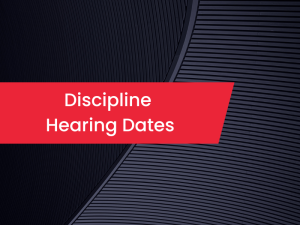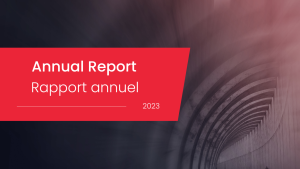CPATA’s regulatory approach is modern and risk focused. It aims to be proactive, principled and proportionate. This means CPATA takes a regulatory approach that is agile and looks to adopt new ways of regulating toward excellence. CPATA sets ethical and practice standards for licensees and part of enforcing these standards means engaging a variety of techniques, including advisory and support services such as the Ethics Inquiry process.
Licensees can contact CPATA anytime with questions about their obligations under the Code through the Ethics Inquiry Form on our website. The purpose of an Ethics Inquiry is to provide guidance to licensees who have a question with respect to their ethical obligations. An Ethics Inquiry is an opportunity for the licensee to review and analyze their obligations under the Code of Professional Conduct and/or the legislative and regulatory regime of CPATA with an ethics advisor.
We at CPATA have been really pleased that licensees have been reaching out with questions from day 1. While we guide you through your ethical responsibilities, we also learn more about the IP practice and profession, as well the challenges you face. The Ethics Inquiry process also helps CPATA to develop helpful examples of ethical analyses that demonstrate the application of the Code in real life scenarios. You may be wondering, what kinds of questions are licensees asking via the Ethics Inquiry Form?
In recent months, for example, we’ve helped licensees navigate leaving a firm where some clients of that firm have chosen to come with the Licensees to their new firm and the licensees had questions with respect to the rules around the transfer of files.
Ultimately each licensee has to decide what the correct course of action is that will protect client interests and adhere to their professional obligations. Every circumstance is unique and it is up to the licensee to exercise their own professional judgement. But through the Ethics Inquiry process, we are happy to help interpret the Code as part of the process of risk-assessment and ethical analysis.
We look forward to receiving more inquiries and providing more guidance to licensees. It helps us identify areas where further information or analysis might be instructive and it will help to inform our consultation on the Code, which will be rolling out in early 2023.





